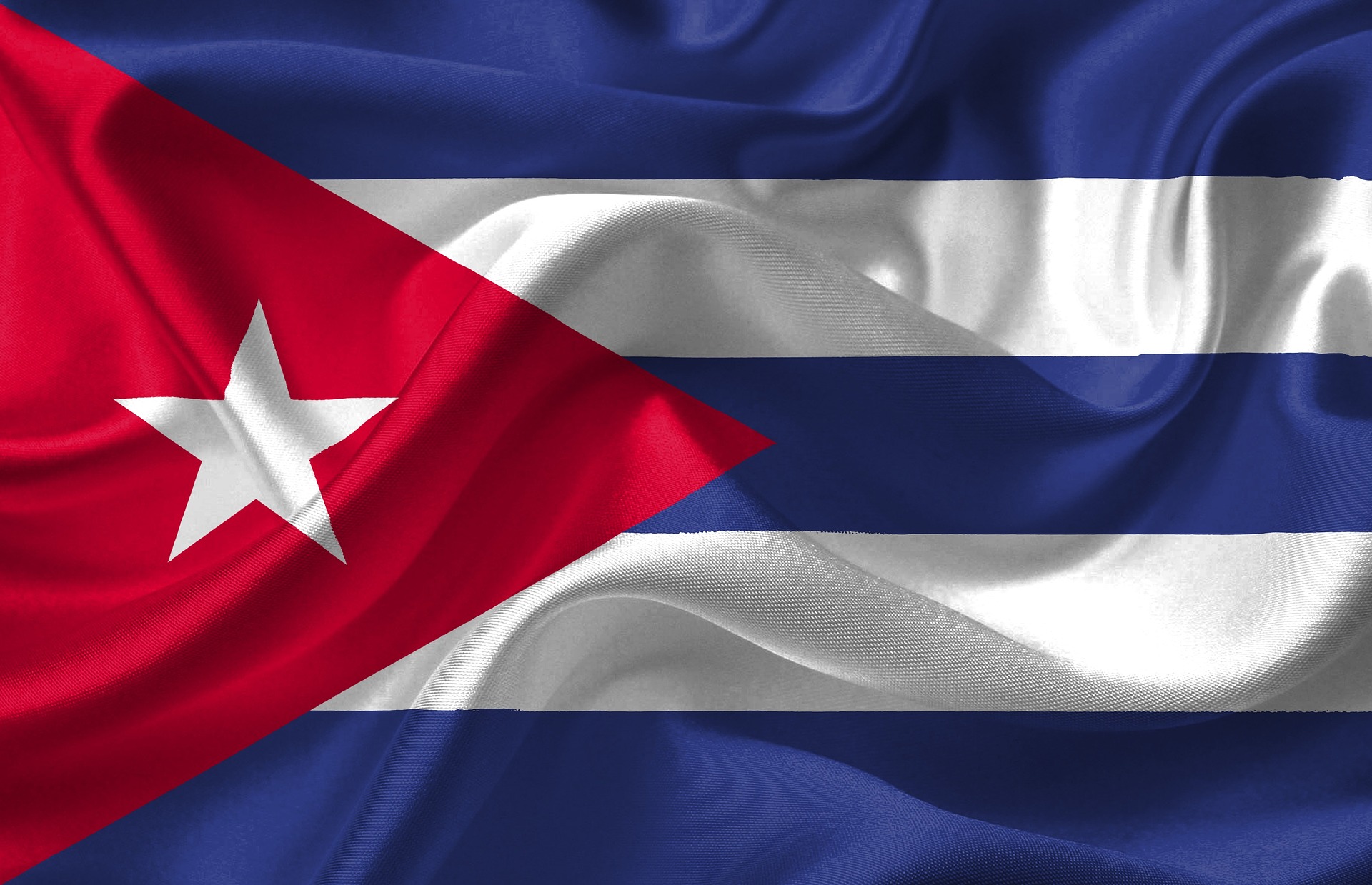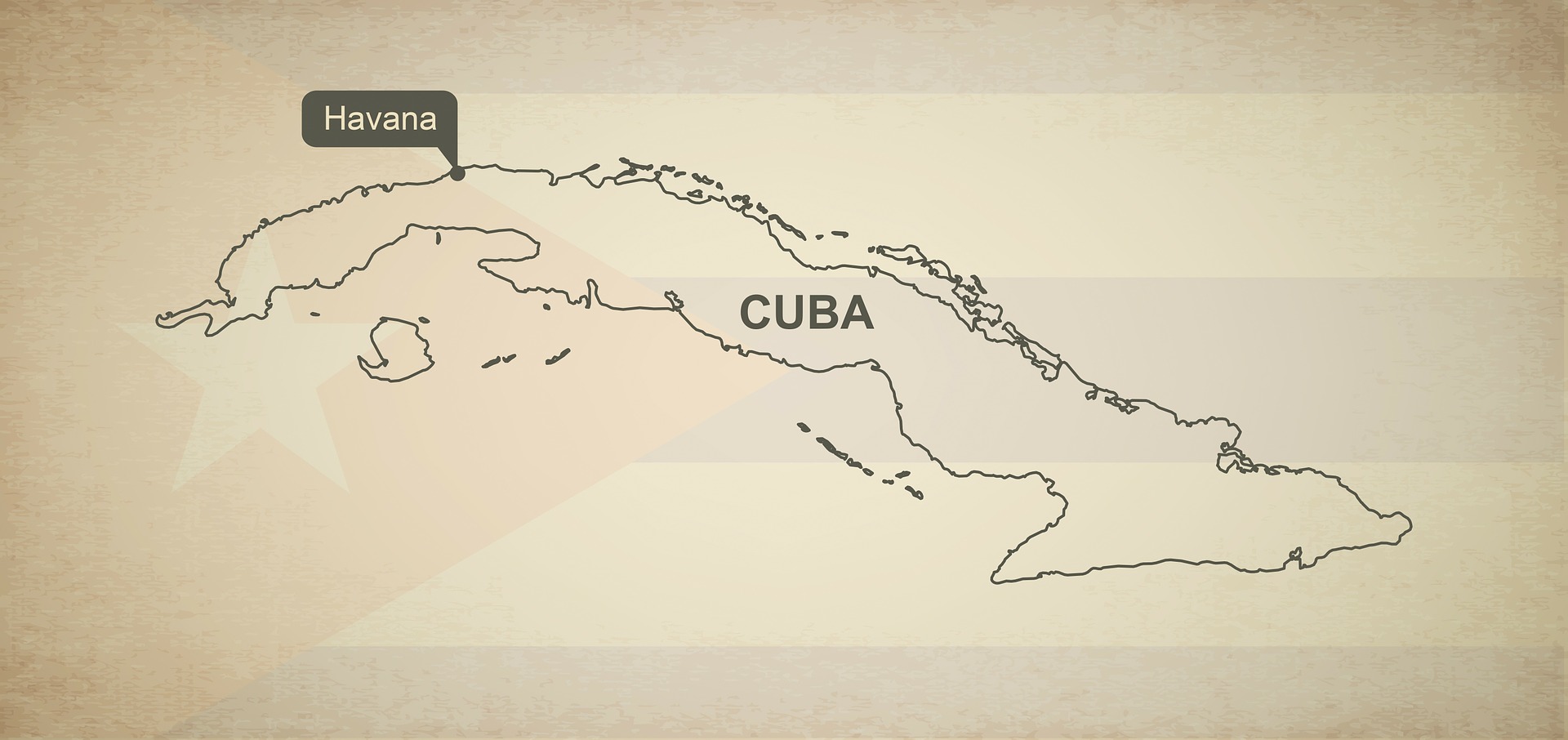In this blog post we share with you the latest trends and projections of the June Visa Bulletin, and updates on visa availability for family-sponsored and employment-based preference categories.
To help you prepare for your upcoming immigrant visa or green card filing, we share what you can expect to see in the upcoming month’s visa bulletin.
Here are some of the highlights from the June 2023 Visa Bulletin:
- For employment-based preference adjustment of status filings, USCIS will continue to use the Final Action Dates chart, as they did in May.
- Similarly, for family-sponsored preference adjustment of status filings, USCIS will continue to use the Dates for Filing chart, as they did in May.
- For the month of June, EB-1 and EB-2 cutoff dates will remain the same for all countries.
- For EB-3 cutoff dates for all countries and categories will remain the same, with the exception of China “Other Workers,” advancing slightly.
- Future retrogressions are expected for EB-3 India in the coming months including Professional/Skilled Workers, as well as July 2023.
What is the Visa Bulletin?
The Department of State releases the visa bulletin on a monthly basis, which summarizes the availability of immigrant visa numbers for that particular month in the employment and family preference categories.
To be eligible to file an employment-based adjustment of status application in June 2023, foreign nationals must have priority dates that are earlier than the Final Action Dates chart of the Department of State’s May Visa Bulletin.
Family-sponsored applicants currently residing in the United States, may file for adjustment of status once their priority dates become current, following the Dates for Filing chart according to the adjustment of status filing guidance published by the U.S. Citizenship and Immigration Services (USCIS).
 Visa Lawyer Blog
Visa Lawyer Blog











